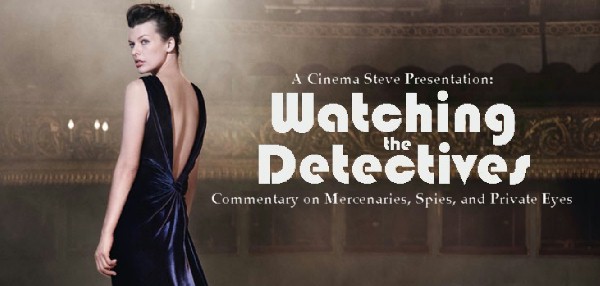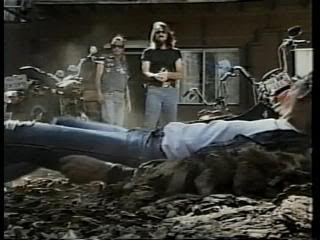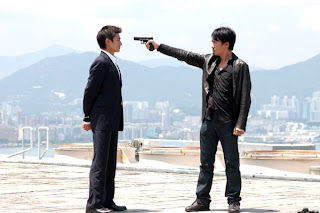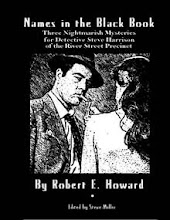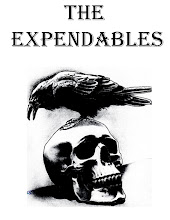Starring: Cybill Shepherd, Bruce Willis and Robert Ellenstein
Director: Robert Butler
Rating: Seven of Ten Stars
After she left penniless by a crooked business manager, former model Maddie Hayes (Shepherd) attempts to recoup a little of her lost fortune by liquidating companies she still owns, among them a money-losing detective agency run by David Addison (Willis). Addison tries to persuade her that the detective agency can make money and ends up involving her in a case that involves a broken wristwatch that people are willing to kill to obtain.

This year, it's exactly 25 years since "Moonlighting" debuted on American television, turning Bruce Willis from an obscure struggling actor into a star almost overnight. It was almost a replay of the good fortune Peirce Brosnan enjoyed when his first starring role was in "Remington Steele", a show to which "Moonlighting owes a lot, not surprising given that it was created by one of "Remington Steele"'s co-creators.
Like "Remington Steele," "Moonlighting" tried to evoke the glamor and comedic tone of comedies from the 1930s and 1940s starring the likes of William Powell & Myrna Loy and Cary Grant & Katherine Hepburn.
As far as capturing the look and feel of classic romantic/screwball comedies (while updating it for the 1980s), "Moonlighting" was only occasionally successful at it whereas "Remington Steele" hit every single note with perfect pitch until losing its way at the very end of the series. The biggest strength of the latter series was the fact that Remington Steele and Laura Holt were likable characters played by charming actors,while "Moonlighting"'s was fronted by charming actors playing the very unlikeable David Addison and the shrewish Maddie Hayes.
The personality defects of the lead characters in "Moonlighting" are present from this very first pilot episode. David annoying and obnoxious with very little in the charm department to make up for his behavior, while Maddie spends much of her time bitching for the sake of bitching. As the series wore on, it didn't improve much, making some episodes a little hard to sit through. It doesn't help matters that I don't feel like Willis and Shepherd ever really connect on screen. There simply isn't that Powell/Loy, Grant/Hepburn or Brosnan/Zimbalist chemistry; Willis and Shepherd are good individually, but their pairing does not add up to something great.
This pilot, however, shows that even if "Moonlighting" didn't quite manage to live up to its models, it was still lots of fun when it was its best. Shepherd is pretty and looks great in anything she wears--she actually was a retired model who turned to acting in real life--and Willis is quite funny in the role of David, something he never managed to consistently be in anything else he appeared in; when Willis turned to action films with comedic touches, he saved his career. The plot is a fast-paced and the mystery engaging.
While "Moonlighting" may not have been as good as the films it emulated (or even rival series "Remington Steele") it still ranks among both the best detective shows and the best comedies to grace the small screen. The pilot is a great introduction to the series that even works on its own as a stand-alone movie. It's worth checking out if you missed it Back In the Day.
